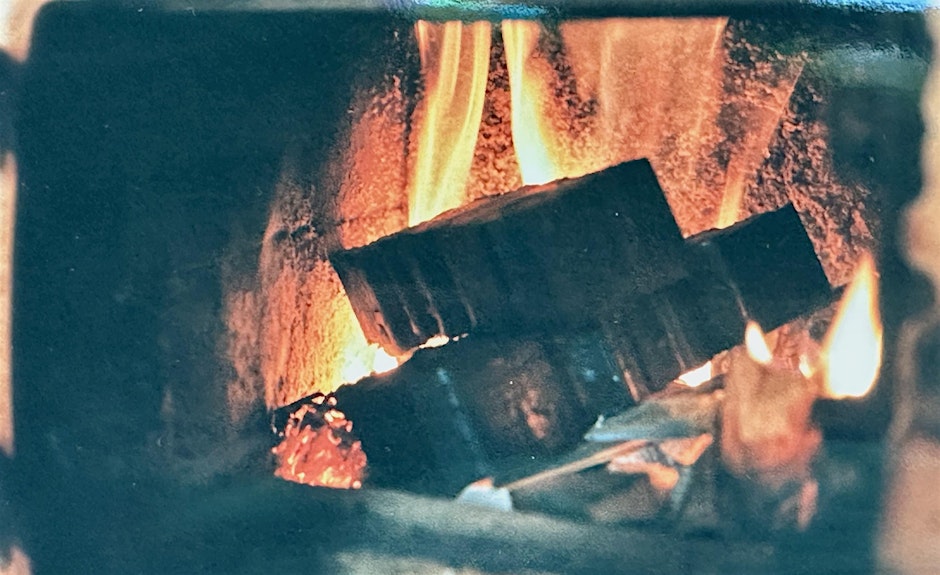

Date
Jul 27, 2025
Time
4:00 pm - 5:00 pm
Venue
Organizer
Maren Cooke
For the 162nd Sustainability Salon, we’ll continue our Transatlantic series — looking at policy approaches to environmental issues in Ireland and in our own region.
Thirty years ago, much of Ireland had a noticeable smell. Not unpleasant to many a nose, but also not healthy. A lot of turf, or peat, was burned for residential heating; we stayed for a while in a friend’s rustic cottage warmed by a peat fire, and there was a peat fire in every pub we visited that autumn. Now, that distinctive scent is quite rare, just a nostalgic whiff here and there. Why? A ban on the sale of smoky solid fuels like coal, peat, and unseasoned wood was implemented across the country in 2022. John Wenger is an atmospheric chemist, a professor at University College Cork, and the director of UCC’s Center for Research into Atmospheric Chemistry — and he had a lot to do with enacting that regulation. He’ll give us a window into the cultural context, the air quality issue, and the process leading to the law.
Southwestern Pennsylvania, of course, has struggled with air quality for centuries. The steel industry has dominated the scene, along with coal power generation, transportation, and now the petrochemical industry. The Group Against Smog & Pollution has worked to improve our region’s air for over 55 years, doing policy advocacy, legal work, and air-quality education for policymakers and the public. GASP executive director Patrick Campbell will reflect on how environmental regulations happen here, and how our regulatory landscape compares to that in Ireland.
Years ago, GASP helped develop diesel idling regulations which were first enacted for Allegheny County, and then implemented statewide. More recently, the adverse health effects of thermal inversions — which can trap pollution generated in river valleys, as happened most famously in the deadly incidents in Donora (1948) and London (1952) — have come under scrutiny. Atmospheric inversion events have continued to occur over the years, and in 2022 the Mon Valley Air Pollution Episode Rule was passed. It’s not a complete solution, but is a step to curtail emissions during inversions. Patrick will share the story of motivating, developing, and passing these and other regulations.